First, it is a great way to keep things lively.
Sometimes an adventure can get monotonous, or perhaps it wasnt as challenging as the DM originally thought.
A trap suddenly springing on the party will certainly get their attention and make the players more alert.
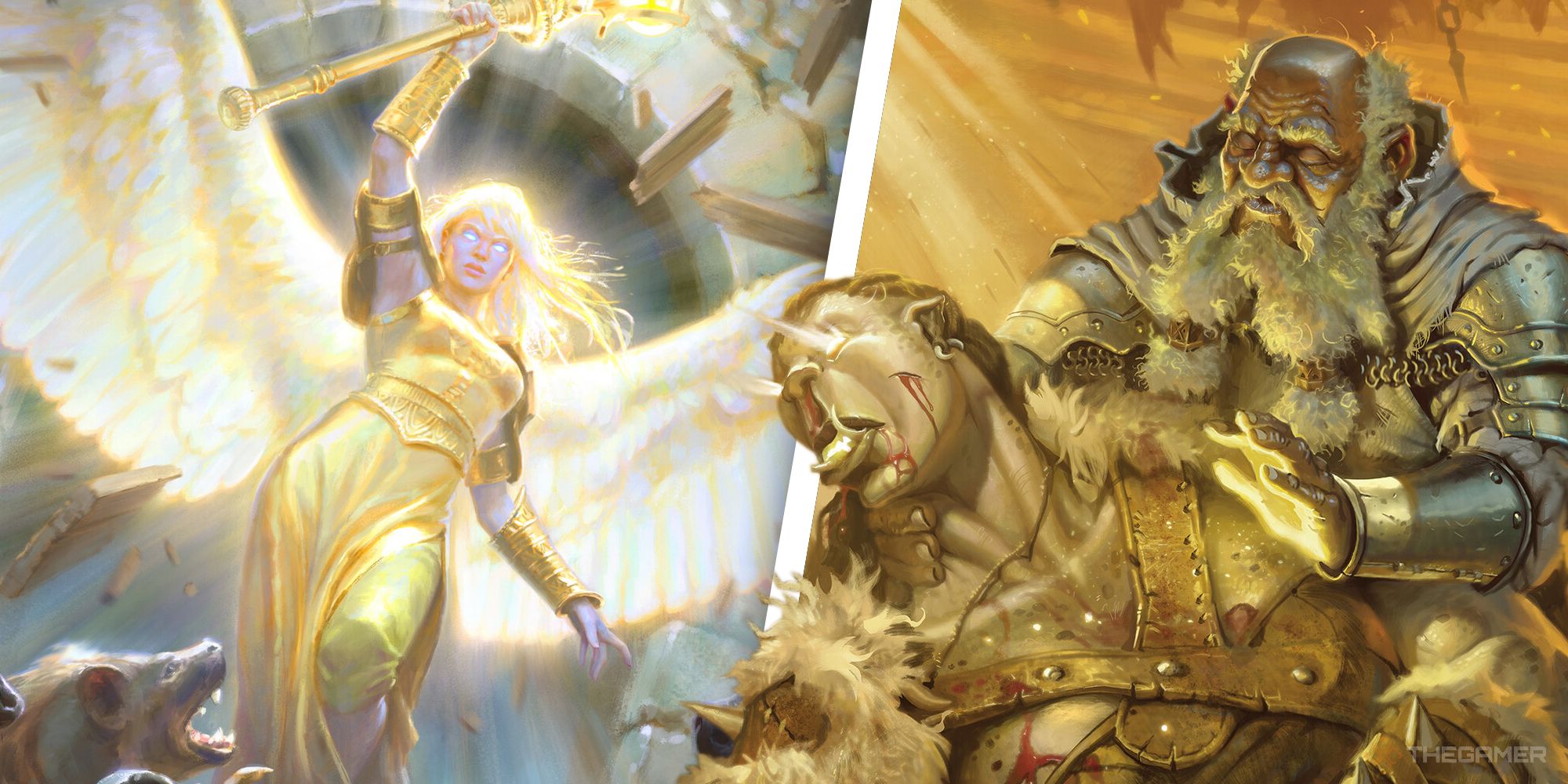
There are some great healing subclasses to choose from in Dungeons & Dragons.
Here’s a look at some of the best.
Traps are a great way of reminding the players of the mortality of their characters.
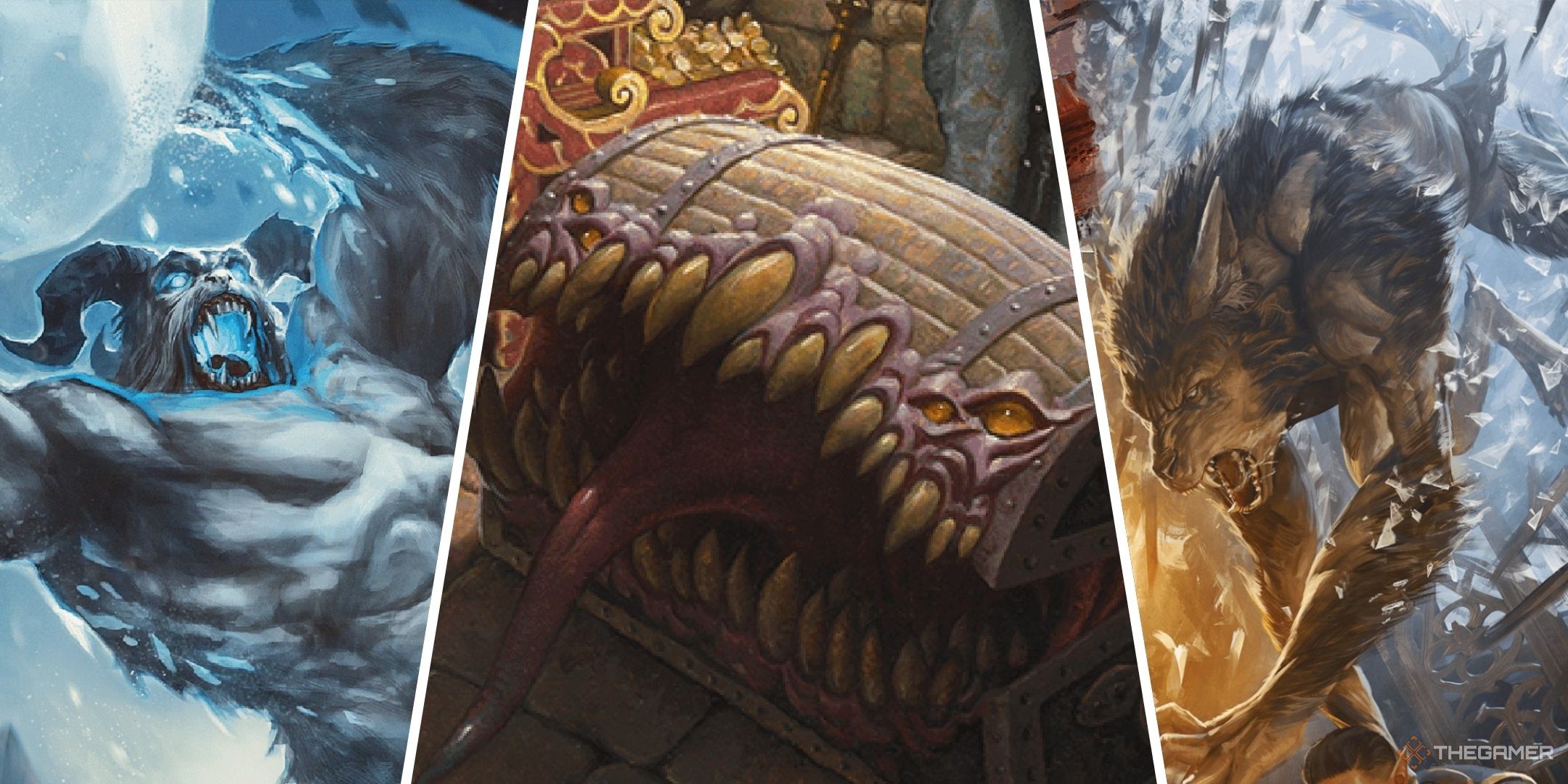
You should keep in mind the three basic trap types: annoying/diverting, damaging/debilitating, and fatal.
Fatal traps should be kept to an absolute minimum, though if they are used at all.
We’ve updated this article to include a few new and improved toys from the latest Monster Manual edition.
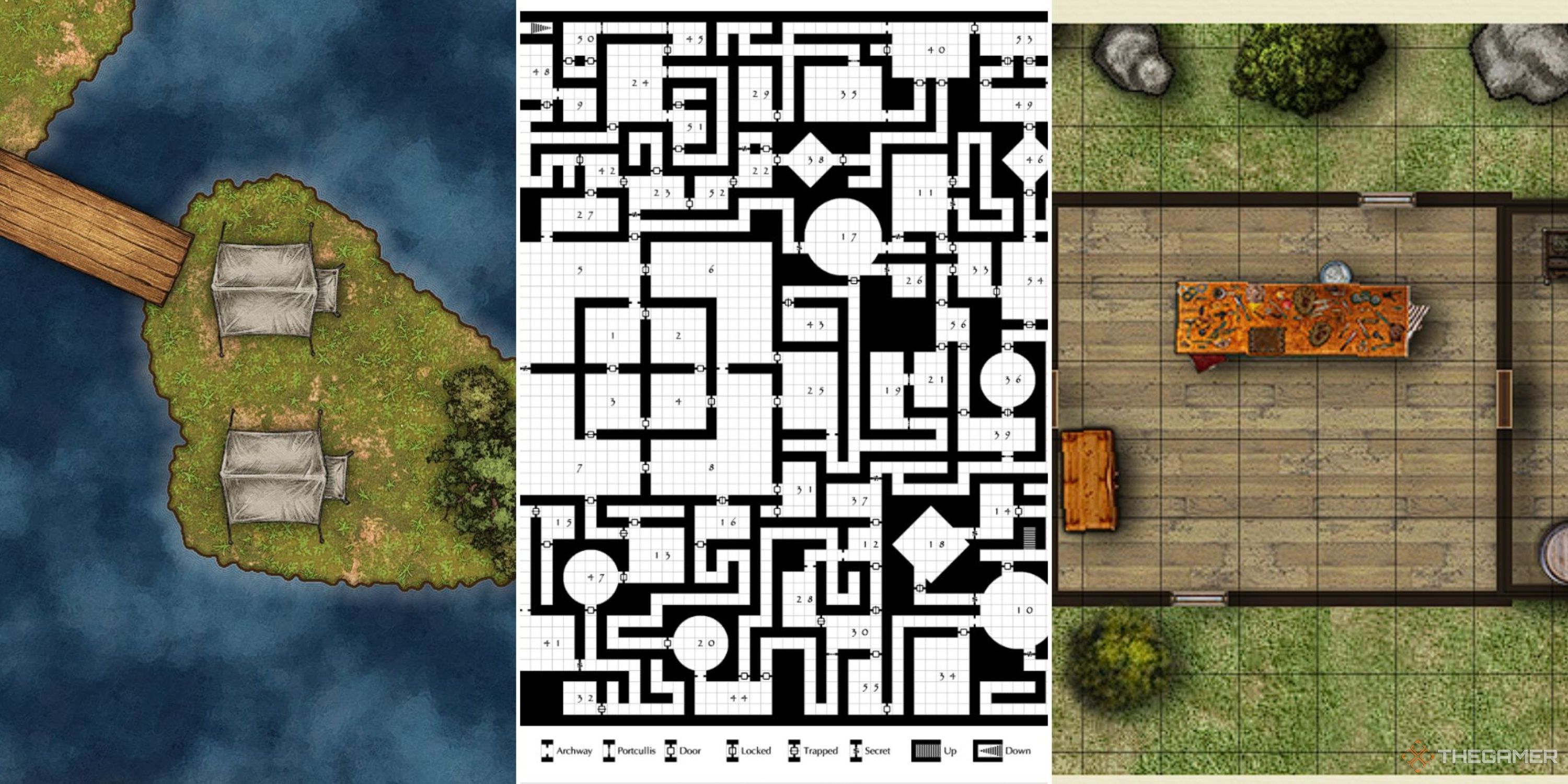
25Pendulums
Pit Not Included
A classic and one that takes some good timing to avoid.
Any tight hallway or room is a perfect chance to put a pendulum trap to good use.
Simply add a large axe that swings from the ceiling; they are impressively scary to come across.
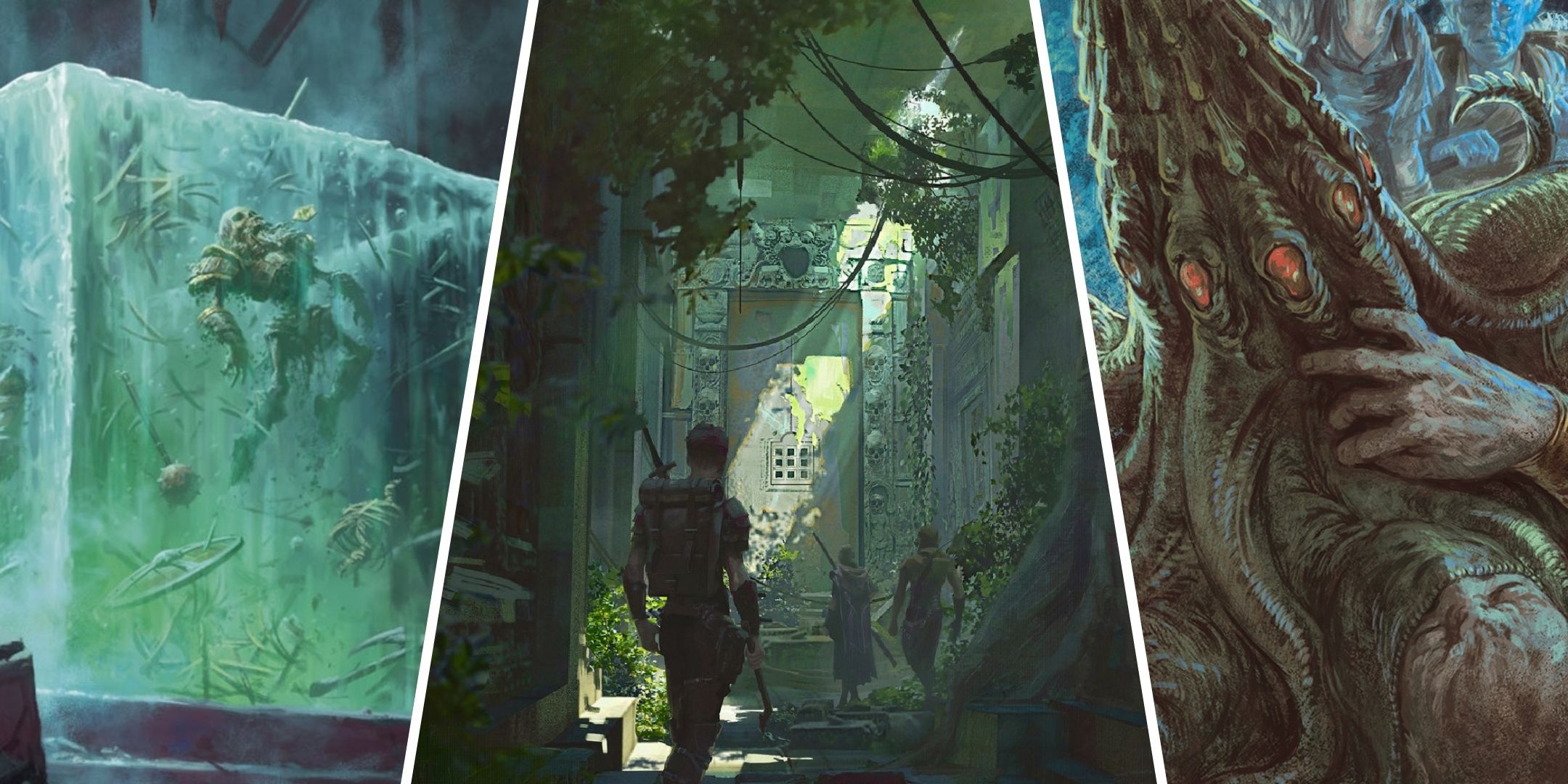
Combined with other traps, this can make for a gauntlet of agility checks.
24Call Of Distress
A Citizen In Need?
When they investigate they discover a person bound to the wall with heavy chains.
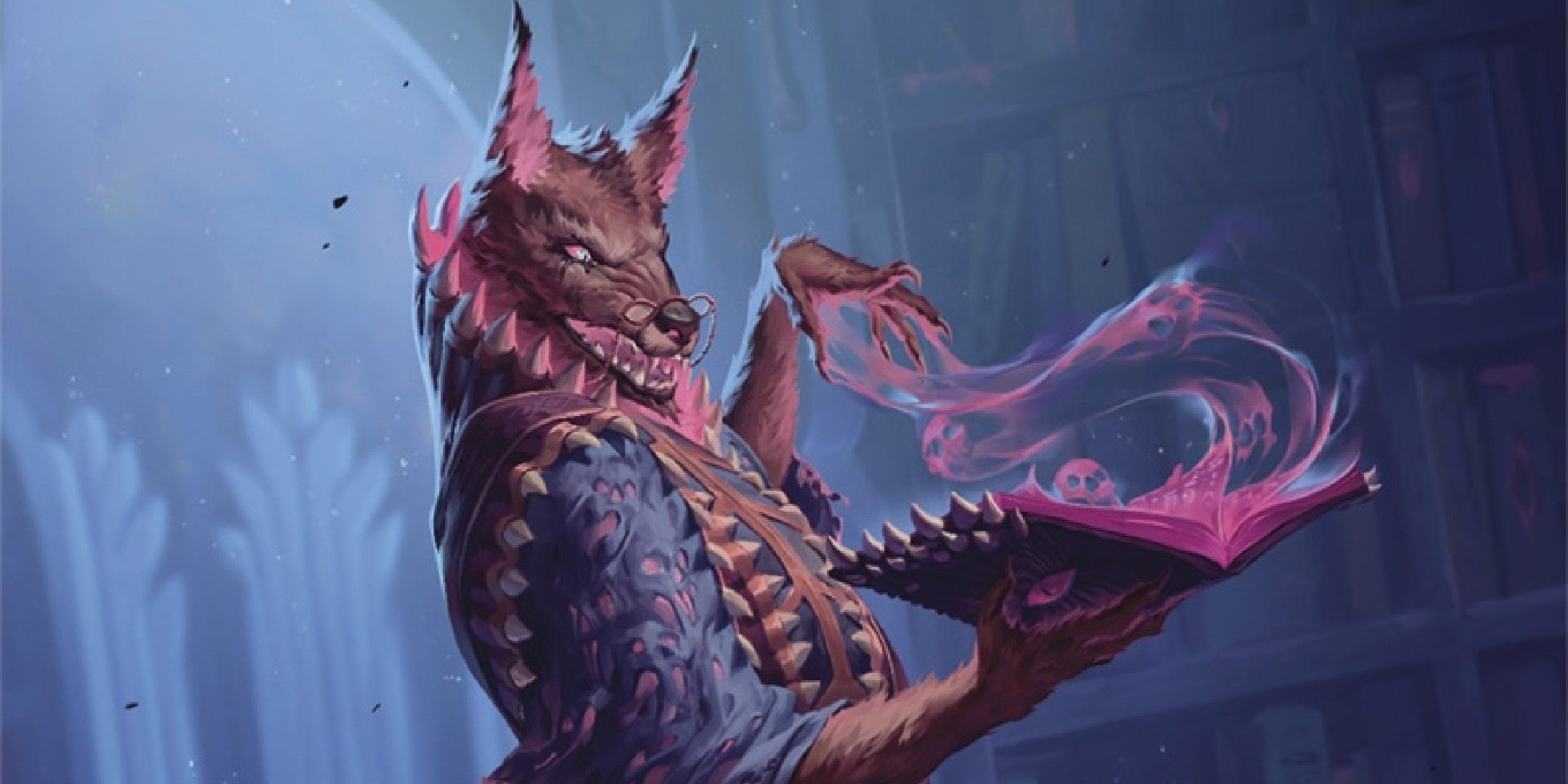
Art by John Patrick Gañas
Perhaps it is a small child; though, this might make it a more obvious trap.
Here’s everything you’re gonna wanna know about monstrosities in D&D.
At this point they discover the call of distress was meant to lure the party into an ambush.

Art by Brian Valeza and Olivier Bernard
This trap can be tailored to fit the party’s experience level.
A low-level party might be ambushed by goblins or orcs.
A high level party might discover the small child calling for help is actually a powerful demon or devil.

Art by Sean Murray
There are two basic types of snares.
These types of snares are meant to slow or stop the victim’s movement.
A bear trap is another form of this throw in of snare.
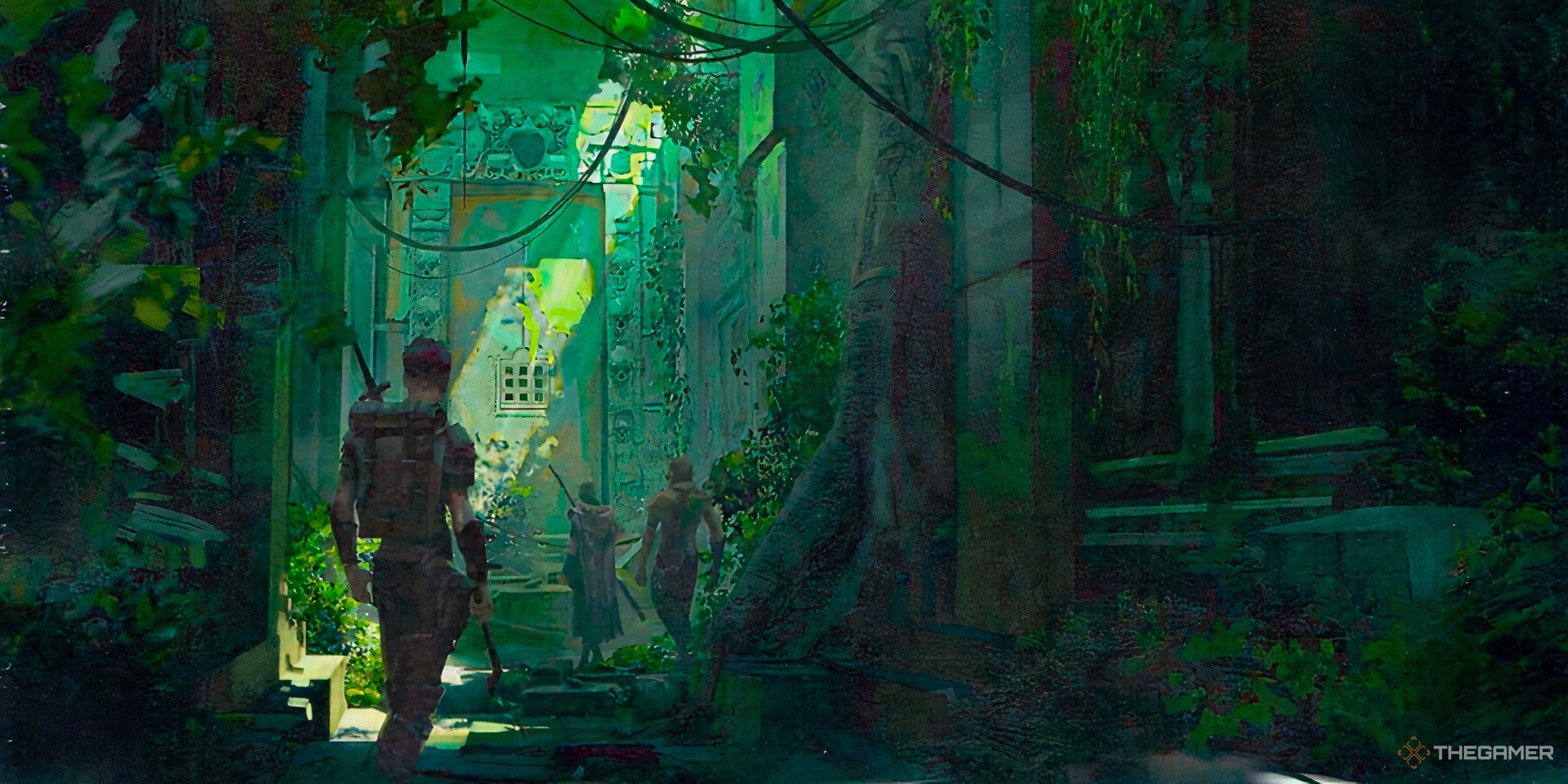
Tomb Of Annihilation artwork via Wizards of the Coast
Another jot down of snare uses a counterweight to move the ensnared victim.
This could simply leave them dangling in the air, usually upside down.
This bang out of snare could be used to pull the victim into an even deadlier trap.
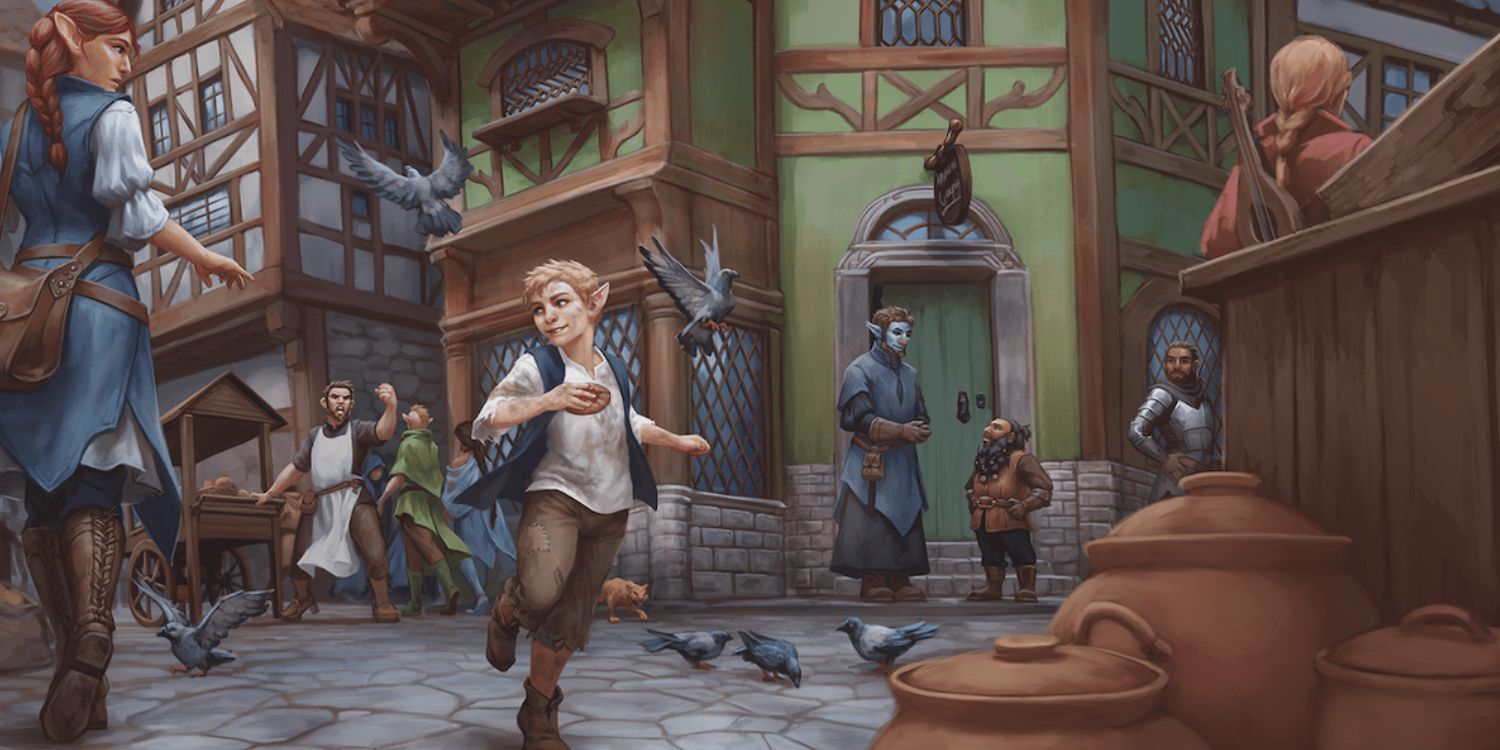
Zadash Market by Linda Lithén
21Bear Traps
Ouchy
It’s one of the cruelest options on this list.
You should consider the tone or how you describe this trap before implementing it.
However, you might always opt for the toothless options that just pin your characters in place instead.
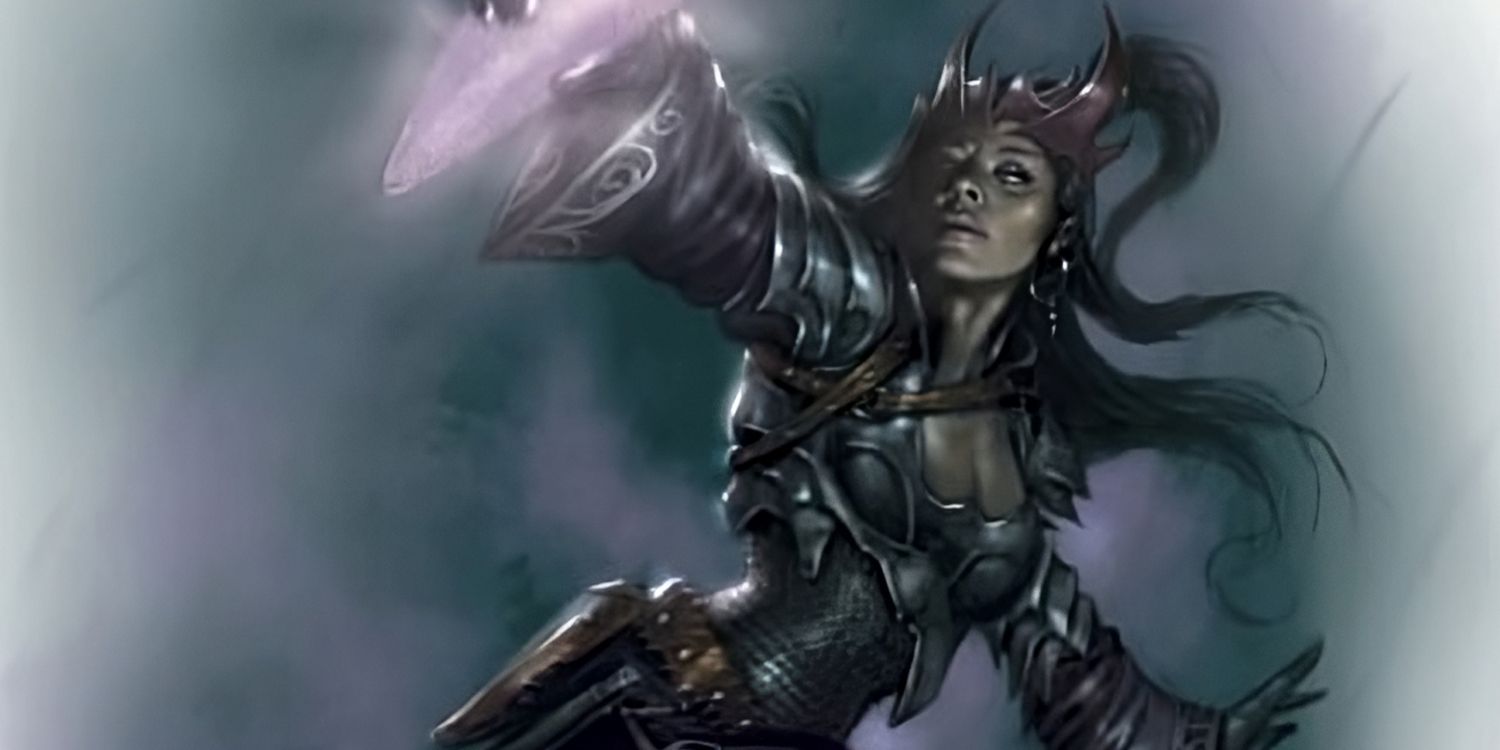
Kalashtar Lightwalker by Lucio Parrillo
Bear Traps are a great option indoors and outdoors.
you could put them in a hallway or cover them with leaves in a forest.
There are several ways to hide them and have them spring unsuspecting players.
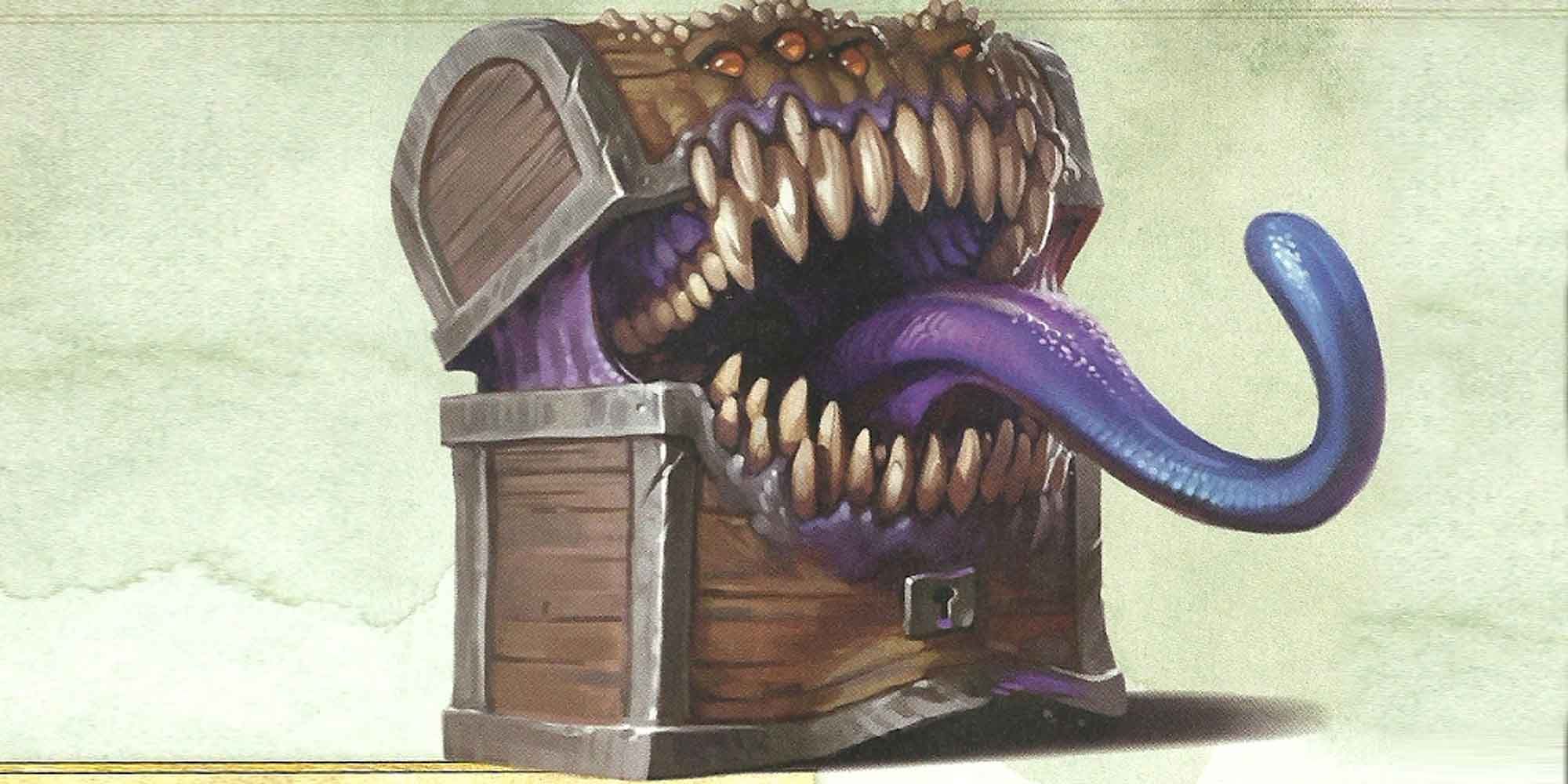
5th Ed. Monsters Manual via Wizards of the Coast
Bonus points for putting this outside an enemy encampment to start an encounter.
Once engulfed by a g-cube, the victim begins taking a significant amount of acid damage every round.
These creatures can be placed just about anywhere in a dungeon.
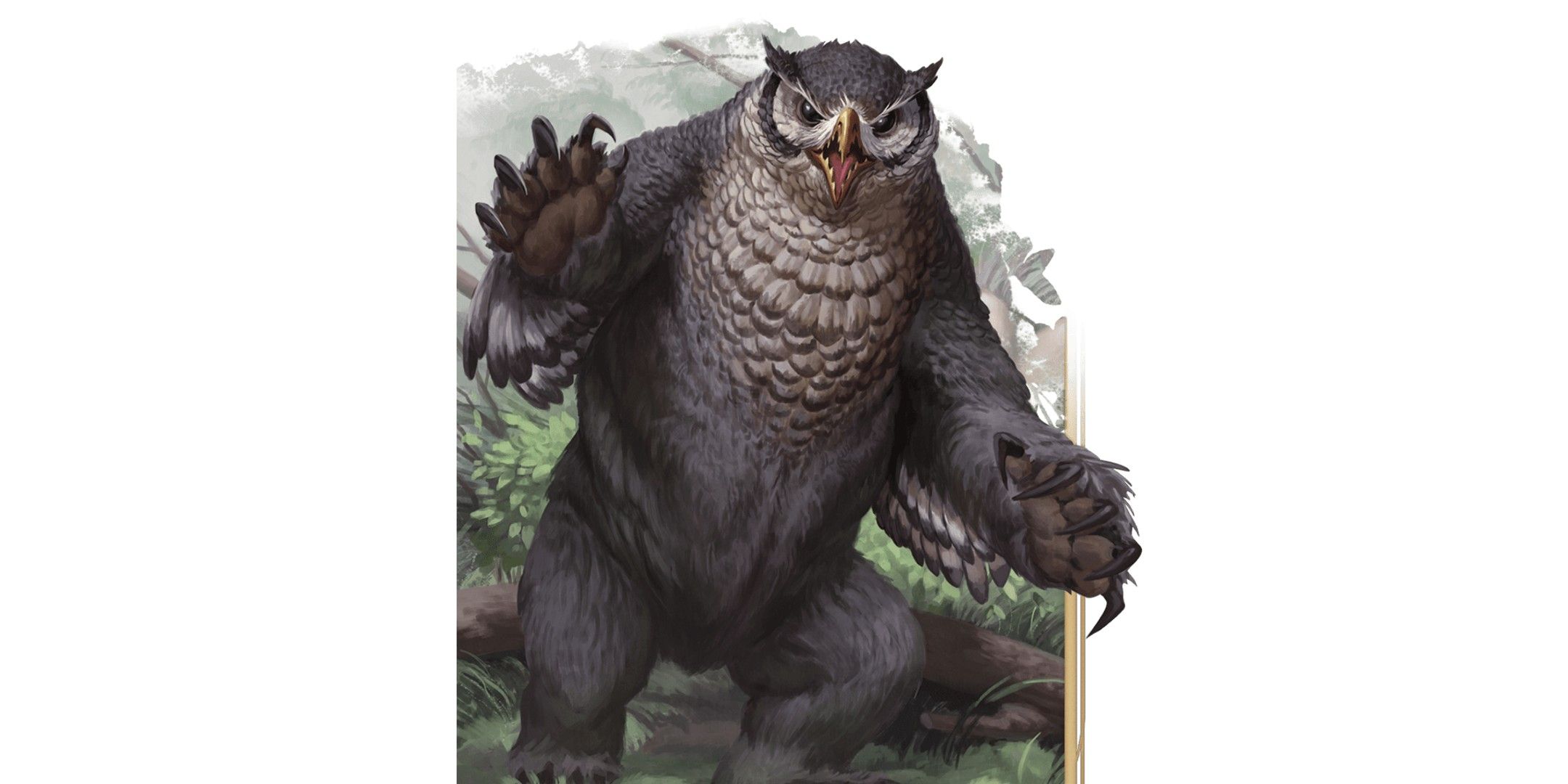
Art by Zuzanna Wuzyk
19The False Adventure
A Red Herring?
Maybe the party has earned a reputation that makes them a threat to someone, or something.
The adventure is actually meant to lure the party into an unfavorable situation.

Art by Olivier Bernard
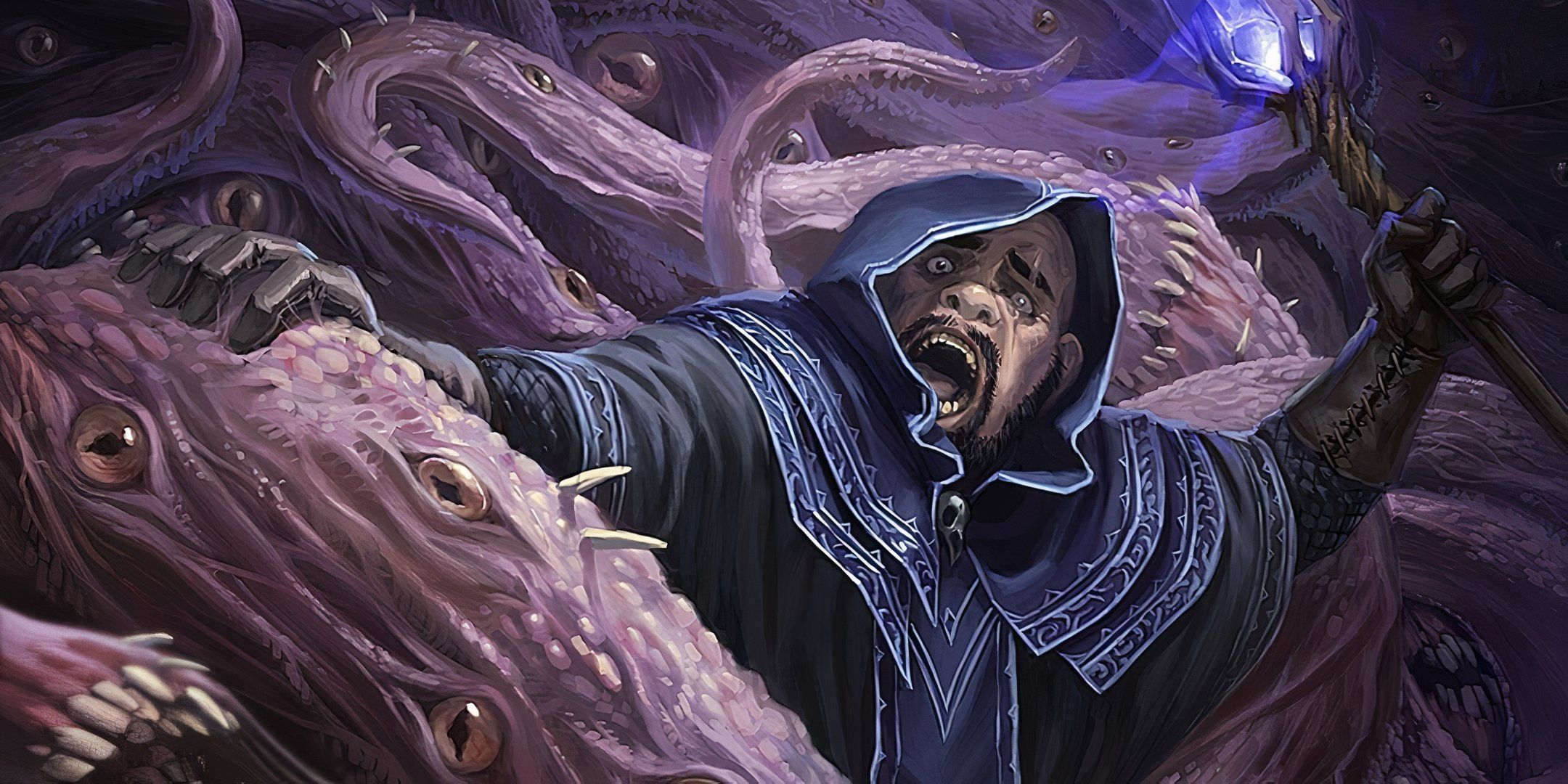
Reality Break Spell by Brian Valeza

